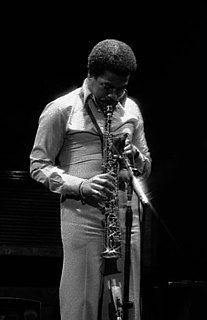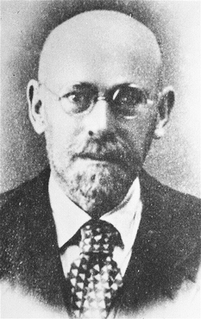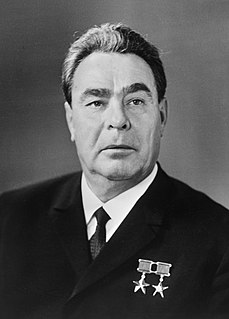A Quote by Albert Szent-Gyorgyi
Through the ages, man's main concern was life after death. Today, for the first time, we find we must ask questions about whether there will be life before death.
Related Quotes
Everybody is afraid of death for the simple reason that we have not tasted of life yet. The man who knows what life is, is never afraid of death; he welcomes death. Whenever death comes he hugs death, he embraces death, he welcomes death, he receives death as a guest. To the man who has not known what life is, death is an enemy; and to the man who knows what life is, death is the ultimate crescendo of life.
We are left with nothing but death, the irreducible fact of our own mortality. Death after a long illness we can accept with resignation. Even accidental death we can ascribe to fate. But for a man to die of no apparent cause, for a man to die simply because he is a man, brings us so close to the invisible boundary between life and death that we no longer know which side we are on. Life becomes death, and it is as if this death has owned this life all along. Death without warning. Which is to say: life stops. And it can stop at any moment.
Laughter. Yes, laughter is the Zen attitude towards death and towards life too, because life and death are not separate. Whatsoever is your attitude towards life will be your attitude towards death, because death comes as the ultimate flowering of life. Life exists for death. Life exists through death. Without death there will be no life at all. Death is not the end but the culmination, the crescendo. Death is not the enemy it is the friend. It makes life possible.
There is another side to death. Whether death happens through an act of violence to a large number of people or to an individual, whether death comes prematurely through illness or accident, or whether death comes through old age, death is always an opening. So a great opportunity comes whenever we face death.
But we are not interested in death at all: rather, we escape the facts, we are continuously escaping the facts. Death is there, and every moment we are dying. Death is not something far away, it is here and now: we are dying. But while we are dying we go on being concerned about life. This concern with life, this over concern with life, is just an escape, just a fear. Death is there, deep inside - growing.
The first thing I would like to tell you about death is that there is no bigger lie than death. And yet, death appears to be true. It not only appears to be true but also seems like the cardinal truth of life - it appears as if the whole of life is surrounded by death. Whether we forget about it, or become oblivious to it, everywhere death remains close to us. Death is even closer to us than our own shadow.
Death is the end of the fear of death. [...] To avoid it we must not stop fearing it and so life is fear. Death is time because time allows us to move toward death which we fear at all times when alive. We move around and that is fear. Movement through space requires time. Without death there is no movement through space and no life and no fear. To be aware of death is to be alive is to fear is to move around in space and time toward death.
Man feels and ponders death as though it were the end, when in fact death is merely the continuation of life. It is another life. You may not believe in the existence of the soul, yet you must acknowledge that your body will live on as green grass, as a cloud. For you are, after all, water and dust.
Every act of irreverence for life, every act which neglects life, which is indifferent to and wastes life, is a step towards the love of death. This choice man must make at every minute. Never were the consequences of the wrong choice as total and as irreversible as they are today. Never was the warning of the Bible so urgent: 'I have put before you life and death, blessing and curse. Choose life, that you and your children may live.'
As long as you ask questions you are breaking through, but the moment you begin to accept, you are psychologically dead. So right through life don't accept a thing, but inquire, investigate. Then you will find that your mind is something really extraordinary, it has no end, and to such a mind there is no death.
Mythology is the study of whatever religious or heroic legends are so foreign to a student's experience that he cannot believe them to be true. . . . Myth has two main functions. The first is to answer the sort of awkward questions that children ask, such as: 'Who made the world? How will it end? Who was the first man? Where do souls go after death?'. . . . The second function of myth is to justify an existing social system and account for traditional rites and customs.

































